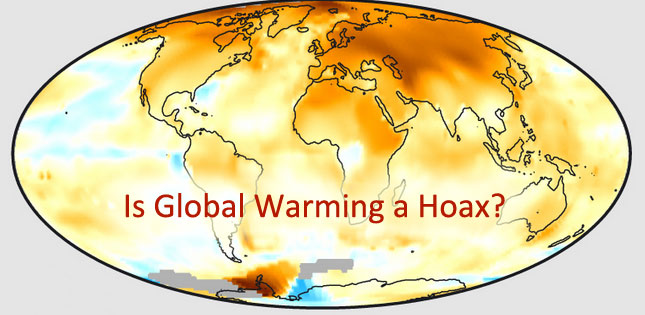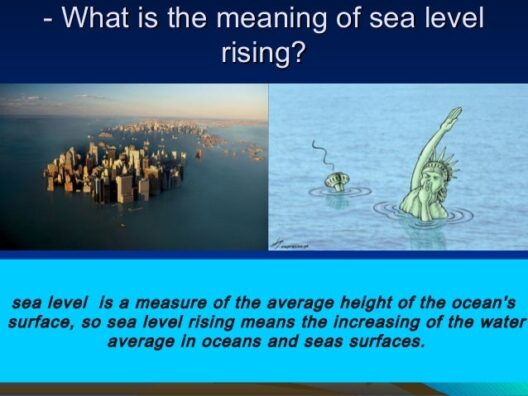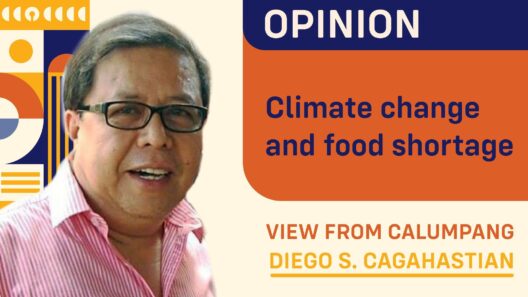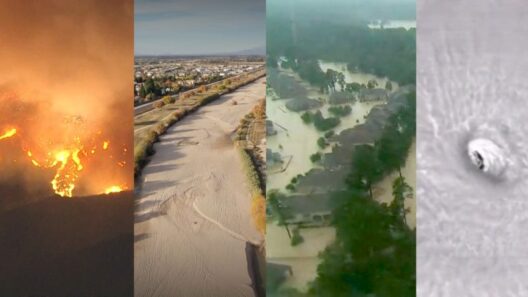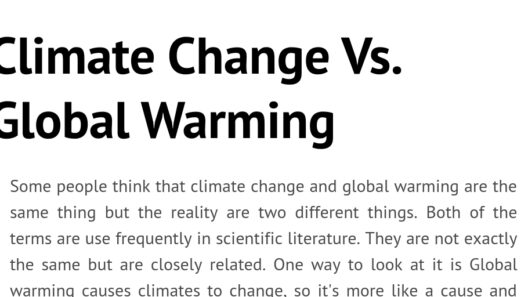In our current discourse surrounding climate change, a pervasive inquiry emerges: is global warming merely a myth? Several skeptics argue that the conventional narrative surrounding climate change is overstated. This examination embarks on a journey to dissect common misunderstandings that surround the phenomenon of global warming, endeavoring to illuminate the fallacies ingrained in these perceptions.
So, what if global warming is more of a sensational tale than an imminent crisis? Let’s delve into this thought provocation and challenge some perspectives.
The Clarity of the Scientific Consensus
One might ask, “Isn’t there a substantial amount of evidence supporting global warming?” The unequivocal answer lies within the extensive body of research. The scientific consensus articulates a coherent narrative: global temperatures are on the rise due to anthropogenic activities. However, detractors frequently misinterpret this consensus, alleging that it is a façade for political or economic agendas.
The climate change narrative is grounded in rigorous studies conducted by reputable organizations and independent researchers. Reports from the Intergovernmental Panel on Climate Change (IPCC) and numerous peer-reviewed journals elucidate a troubling trend: the planet’s average temperature has risen significantly over the past century. Moreover, greenhouse gases emitted through industrial processes have reached unprecedented levels. The insinuation that this scientific consensus is merely a myth utterly disregards the meticulous labor and extensive verification that underpins these findings.
Challenging the Misconceptions
It’s intriguing to contemplate: what drives the misconception that global warming is a myth? A multitude of factors contribute to this delusion, from societal conditioning to misrepresentation in media. Some individuals cling to the belief that because the climate has fluctuated throughout geological history, contemporary warming is just another episode in this cyclical narrative. Yet, this oversimplification neglects the complexities of current carbon emissions and their implications.
Further complicating matters is the prevalence of cherry-picked data. Proponents of the myth often selectively reference periods of temperature stability, disregarding the long-term trajectory of warming. These partial truths can foster a sense of confusion, leading many to doubt established scientific findings. Educational initiatives aimed at elucidating the underlying principles of climate dynamics can significantly transform these misinterpretations into a well-informed understanding.
Understanding the Role of Natural Variability
Isn’t it true that climate variations have always existed? The Earth’s climate is indeed subject to a spectrum of natural changes. Seasons shift, orbits alter, and volcanic eruptions occasionally release significant quantities of particulates that can influence temperature. However, the current pace of change is unprecedented when juxtaposed against natural variability observed over millennia.
A prevailing argument is the influence of solar activity on Earth’s climate. While solar variations do impact climate, the correlation between solar cycle fluctuations and contemporary temperature rises is tenuous at best. Peer-reviewed research indicates that recent warming trends cannot be solely attributed to solar influence, but rather are significantly augmented by human actions.
Aficionados of the myth routinely assert that extreme weather phenomena do not unequivocally link to climate change. The reality is more intricate. Extreme weather events are becoming increasingly frequent and severe due to shifting weather patterns driven by climate change. Understanding that climatic systems are inextricably linked and that exacerbated weather patterns emerge as a consequence of warming is fundamental in quashing misconceptions.
The Role of Economic Self-Interest
Could it be that economic interests play a pivotal role in perpetuating the myth of global warming? Industries reliant on fossil fuels have historically engaged in campaigns to cast doubt on climate science. The stakes are substantial; an embrace of the climate narrative necessitates a reevaluation of long-standing practices, often inciting resistance among those benefiting from the status quo.
Industry-funded research that seeks to debunk climate change may bolster skepticism, yet this does not withstand scrutiny when juxtaposed with independent peer-reviewed studies. Recognizing the economic ramifications of climate policy lends insight into why some may brand the science as fallacious. In truth, transitioning to sustainable energy alternatives not only addresses climate needs but also presents remarkable economic prospects. The potential for job creation in renewable energy sectors offers a compelling counter-narrative to the defeatism inherent in climate skepticism.
Conclusion: Bridging Understanding and Action
The suggestion that global warming is a myth invites profound scrutiny. It serves as a linchpin for dialogues that necessitate clarity and confrontation with misconceptions. As individuals grapple with the complexities of climate science, it becomes imperative to foster discussions that drive informed understanding rather than divisive skepticism.
Ultimately, the challenge remains: to bridge the current disengagement with actionable frameworks that propel society toward sustainability. Recognizing the veracity of climate change is instrumental in paving the path for future generations. As we navigate this intricate discourse, may we amplify the voices and truths that seek not only to debunk myths but also to inspire collective action for our planet’s future.



